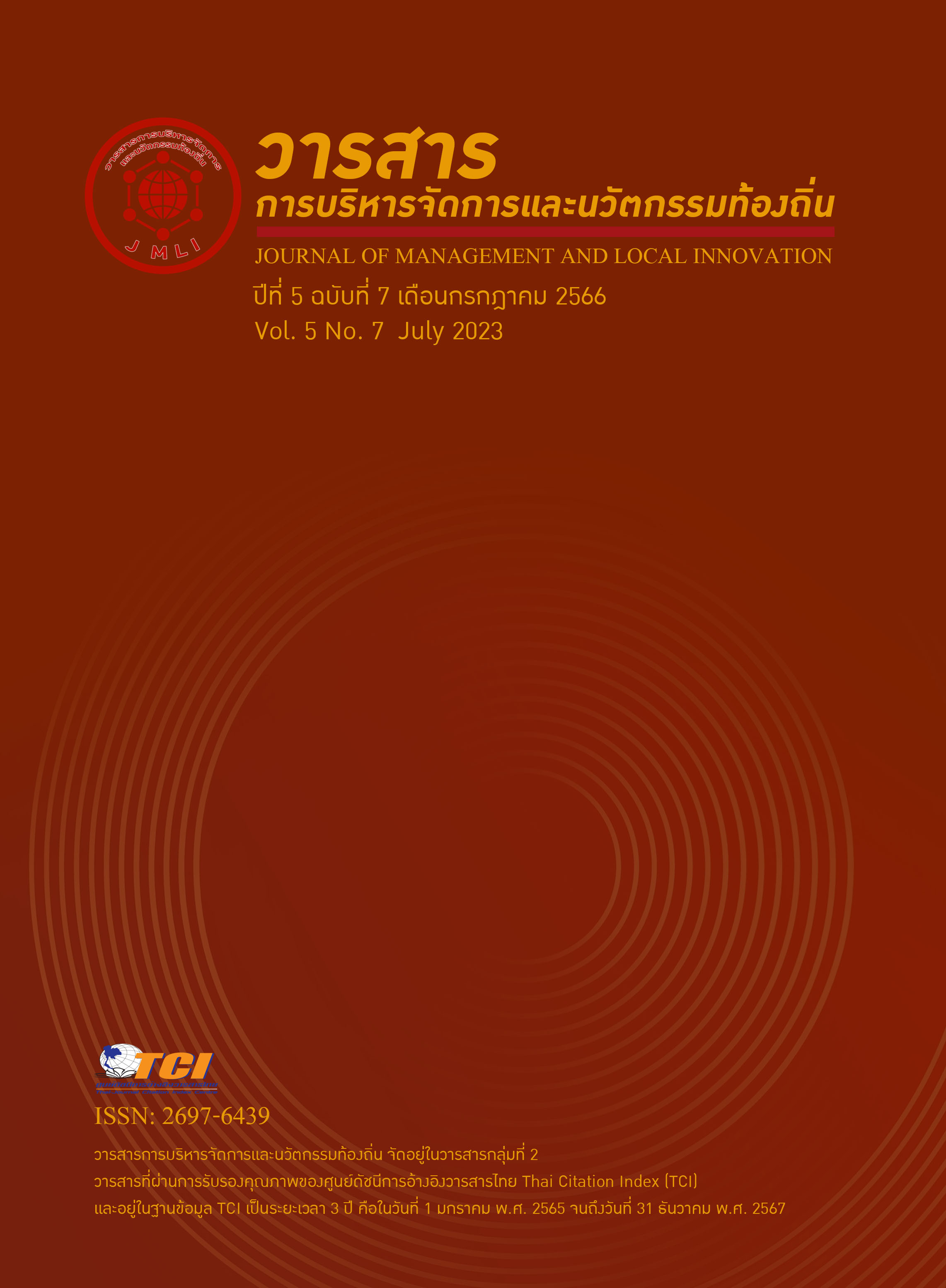Developing Reading Comprehension Skills Using Peer Learning Management (Think-Pair-Share) Together with the Idea of Using Questions for Grade 2 Students
Keywords:
development of comprehension skills, peer learning (Think-Pair-Share), techniques for using questionsAbstract
This research aims to 1. To compare reading comprehension skills by using a peer-to-peer learning management (Think-Pair-Share) with the concept of using questions. For students in grade 2 between before and after school. 2. To compare the reading comprehension skills using techniques (Think-Pair-Share) with the concept of using questions. for grade 2 students with the criteria of 80 percent. 3. To study the satisfaction of grade 2 students towards learning. by managing learning as a partner (Think-Pair-Share) with the concept of using questions. Which was obtained by purposive sampling. The tools used were Learning Management Plan (Think-Pair-Share) with the concept of using questions. Tests to measure reading comprehension skills before and after school. and a questionnaire to measure satisfaction towards learning management, peer learning (Think-Pair-Share) with the concept of questioning. And the statistics used to analyze the data were mean, percentage, standard deviation, dependent t-test.
The results showed that
- Comparison of learning achievements before and after learning through peer-to-peer learning management. (Think-Pair-Share) with the concept of using questions. For grade 2 students with the criteria of 80 percent, it was found that the results of the post-test were higher than before by 86.92 percent.
- The results of the study of the satisfaction of Prathom Suksa 2 students toward the use of the peer-to-peer learning management plan. (Think-Pair-Share) with the concept of using questions. Overall, the level of satisfaction was high, equal to an average of 4.75, 94.92 percent, a standard deviation of 0.50, the most evaluation criteria.


